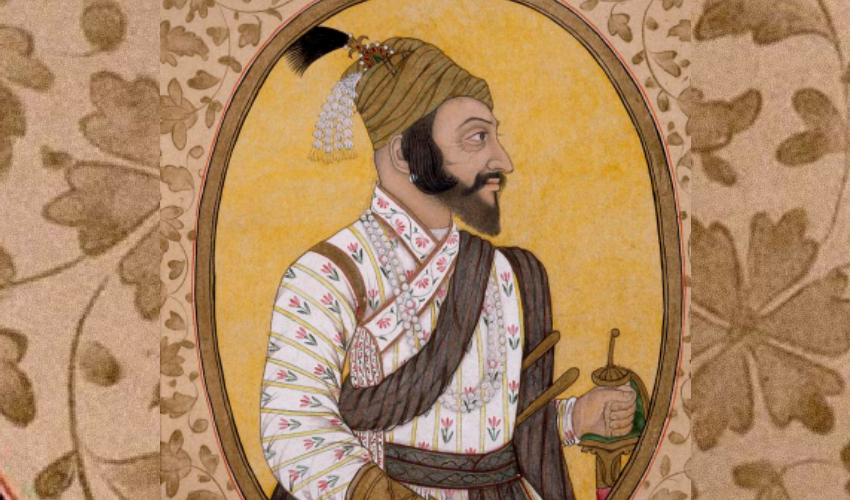
During Indian history Queen Shivaji Maharaj created the Maratha Empire while becoming a pivotal historical figure through his efforts. Shivaji the Great distinguished himself through his multiple dynamic leadership qualities that included Mughal resistance and progressive administrative reforms. Shivaji introduced democratic leadership in administration by ending exploitation and modernized tax systems to provide better benefits for his subjects. Through his administrative policies Shivaji established a system of governance which delivered efficient administration while building the basis of an equal society.
Shivaji’s Military Strategy and Leadership
-
Threat to Mughal: Shivaji established Hindavi Svarājya by preventing Aurangzeb from expanding his Mughal Empire thus creating an independent Indian government.
-
Guerilla warfare: Using swift cavalry raids and disruptive tactics against enemy supply lines which the Marathas named ganimi kawa provided strategic superiority against Mughal forces although they outnumbered the Marathas.
-
Recognition by Europeans: European visitors Jean de Thévenot and François Martin described Shivaji as a simple leader who commanded his soldiers with similar strength to Julius Caesar.
Shivaji’s Inclusive and Meritocratic Governance
-
Diverse Administration: Through his administration Shivaji included personnel of different social classes which overcame traditional caste divisions.
-
Non-hereditary: Shivaji ran his forts through appointed officials instead of passing them down through bloodline which supported a system of rewarding people based on their skills.
-
Religious tolerance: He adopted religious reforms that let Hindu converts return to their faith in opposition to established beliefs a period before the Arya Samaj reforms started.
-
Protection of Human Rights: Evidence from history confirms that Shivaji did not support the practice of sati although he protected women from abuse.
Shivaji’s Administrative and Social Reforms
-
Promotion of indigenous language: The change from Persian documentation to Marathi and Sanskrit allowed the common people to better interact with administrative processes.
-
Abolition of Slavery: As the leader of his kingdom he eliminated slave trade activities because he wanted to oppose prevailing Mughal-era rules.
-
Taxation: Shivaji established the Ryotwari system which gave control to farmers while lowering the influence of feudal lords.
-
Anti-feudal Policies: His administration reduced Vatandars' (landlords') authority because he wanted to protect peasants from their exploitation.
Conclusion:
Shivaji pursued more than Mughal territorial defiance as his leadership established revolutionary governance systems during the medieval period of India. Through his military breakthroughs combined with inclusive reforms and economic restructuring he became recognized as Shakakarta (epoch-maker) by people during his era. Today India honors Shivaji's genuine leadership by using it to power movements toward justice alongside governance and social equity in the nation.



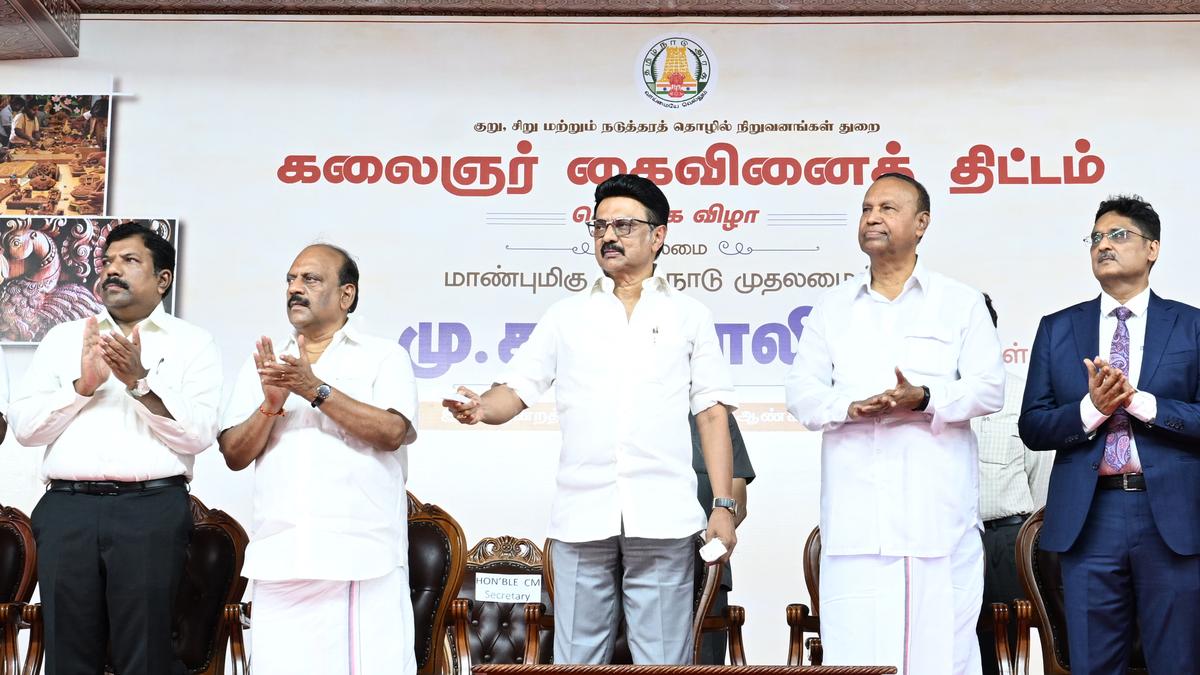 Stalin Launches Kalaignar Kaivinai Thittam as an Alternative to PM Vishwakarma Scheme
Stalin Launches Kalaignar Kaivinai Thittam as an Alternative to PM Vishwakarma Scheme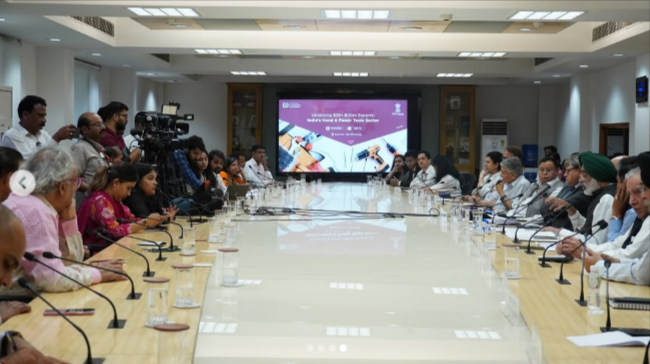 Unlocking India’s $25 Billion Export Potential in Hand and Power Tools Sector: NITI Aayog’s Strategi
Unlocking India’s $25 Billion Export Potential in Hand and Power Tools Sector: NITI Aayog’s Strategi Synergising Hydrogen Generation and Electricity Storage: A Pathway to India’s Net-Zero Future
Synergising Hydrogen Generation and Electricity Storage: A Pathway to India’s Net-Zero Future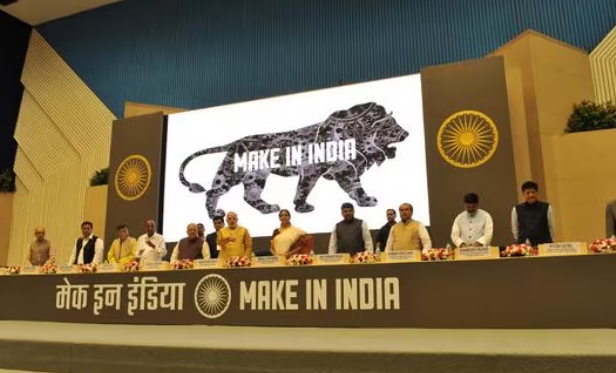 How Make in India is Transforming India's Global Pharmaceutical Footprint
How Make in India is Transforming India's Global Pharmaceutical Footprint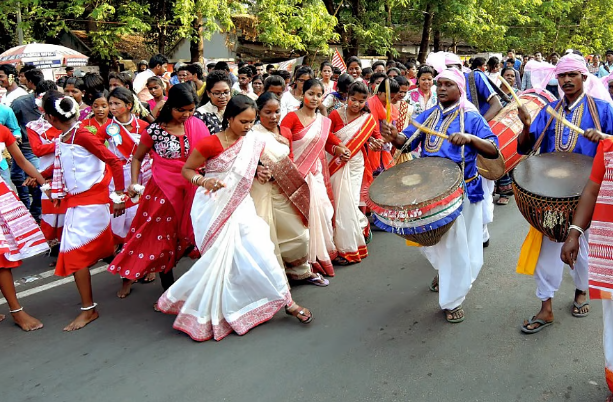 Sarhul Festival: A Celebration of Nature and Adivasi New Year
Sarhul Festival: A Celebration of Nature and Adivasi New Year From Farm to Retail: Make in India’s Food Processing Revolution
From Farm to Retail: Make in India’s Food Processing Revolution ADB-Funded SMILE Program to Enhance India's Logistics Efficiency
ADB-Funded SMILE Program to Enhance India's Logistics Efficiency India Achieves Significant Milestone in Global Tea Industry, Becomes World’s 2nd-Largest Exporter of
India Achieves Significant Milestone in Global Tea Industry, Becomes World’s 2nd-Largest Exporter of Green Iron: A Billion-Dollar Opportunity and the Challenge of Winning It
Green Iron: A Billion-Dollar Opportunity and the Challenge of Winning It






